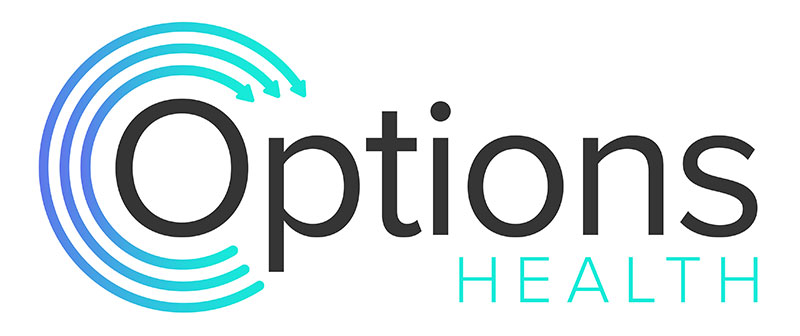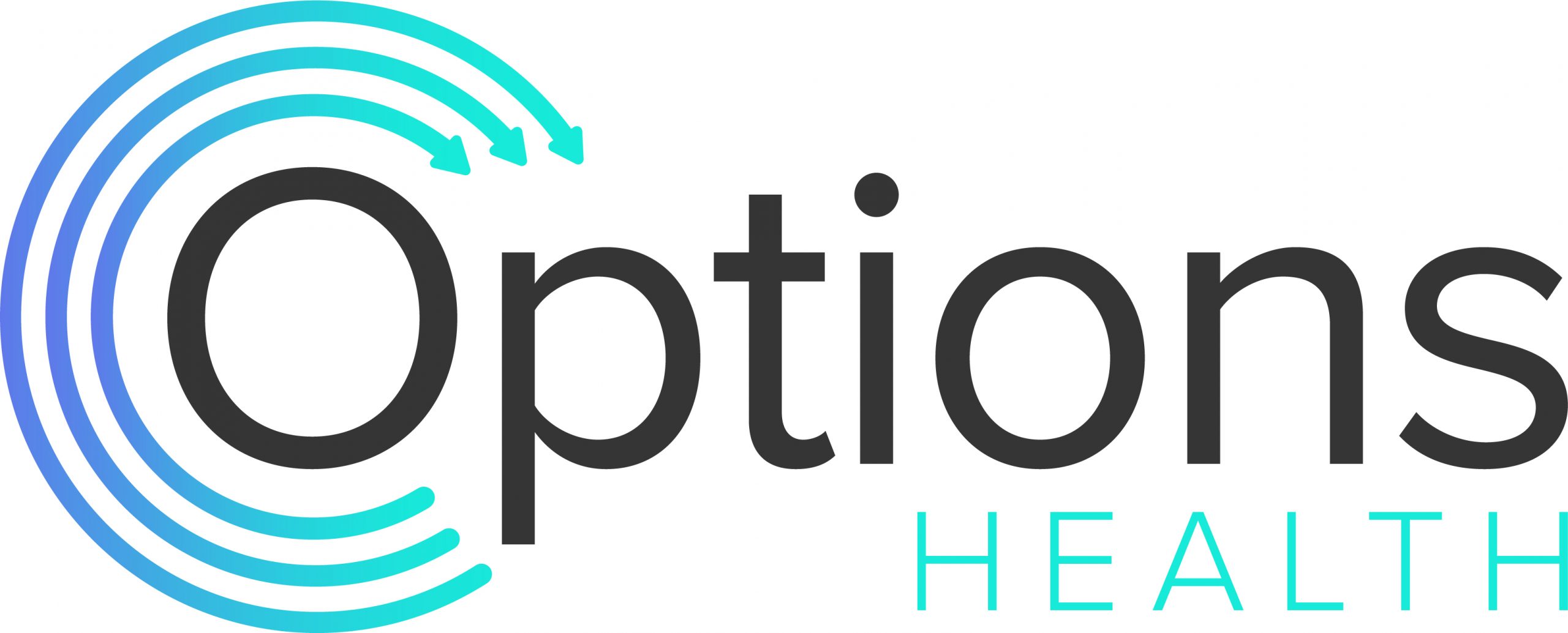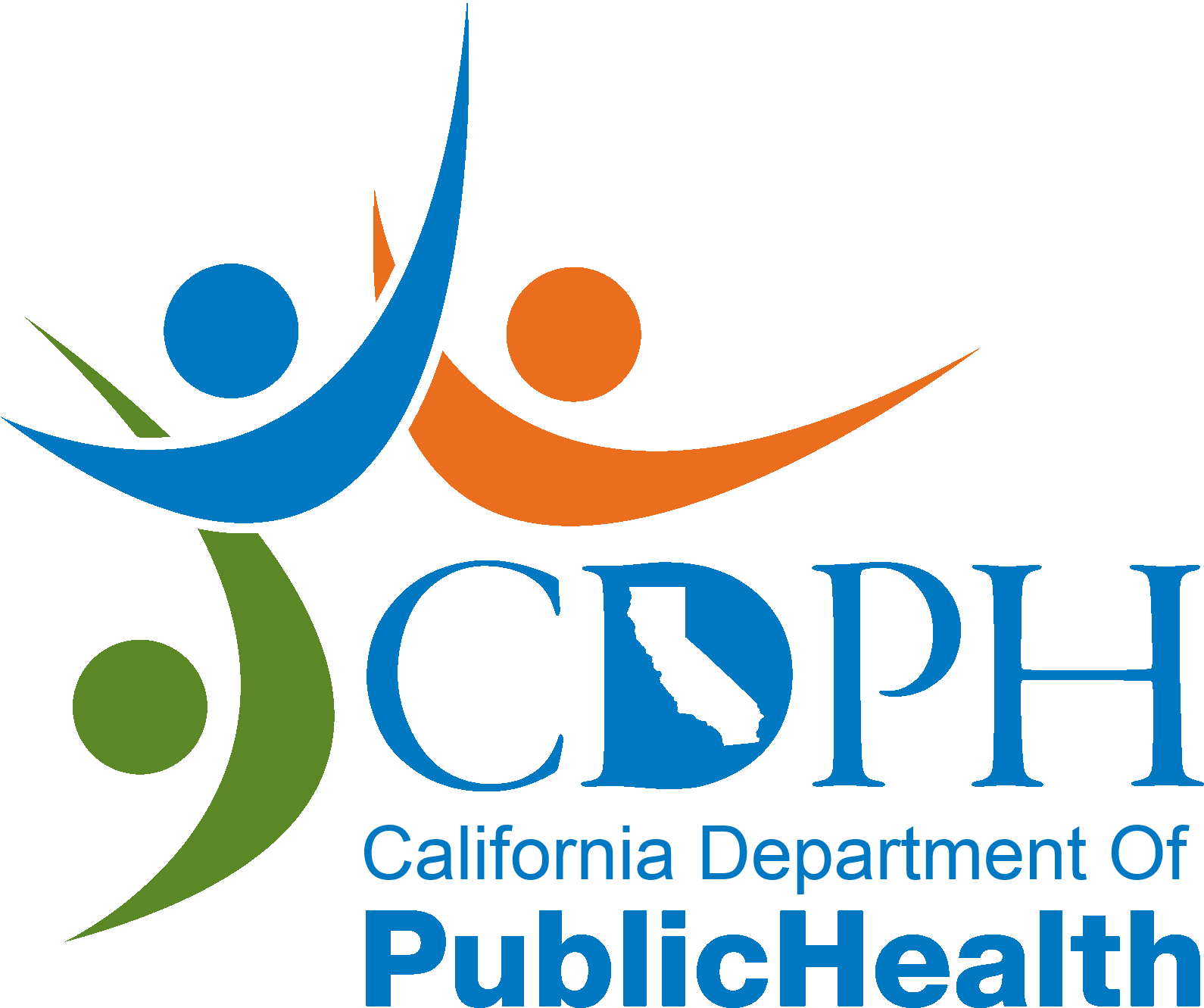There are several reasons why you might take a pregnancy test. You could be trying to get pregnant and hoping for a positive result. You might have experienced an issue with your birth control or had unprotected sex. You might even be about to have a medical procedure or start a new medication that could be complicated by pregnancy. Pregnancy can also be confirmed through an ultrasound. Ultrasound is typically used in early pregnancy, at 6-8 weeks, to confirm the viability of your pregnancy, to confirm the location of the fetus in the uterus, and to confirm the gestational age of the fetus.
Urine Pregnancy Test Explained
According to most manufacturers, at-home pregnancy tests are about 99% effective when used as instructed. That’s about the same accuracy rate as urine pregnancy tests done in your healthcare provider’s office, like Options Health. These tests are available in most pharmacies, drug stores, or grocery stores and they don’t need a prescription.When you go to take an at-home pregnancy test, you’ll typically place one to several drops of urine on a prepared chemical strip or place the strip in the urine stream. The strip is specially designed to detect hCG. For many of these tests, hCG can be detected in your urine about 10 days after conception. However, taking it after your missed period reduces the chance of getting a false negative.
There are a few things to keep in mind when you take a home pregnancy test, including:
- Using your first-morning urine when possible. This is the time of day when your hCG levels will be the most concentrated and easily detected. If you do it at another time of day, try and make sure your urine has been in your bladder for at least four hours.
- Not drinking excessive amounts of fluids before you take a pregnancy test. Many people think this will increase the volume of urine, but it can also dilute (thin out) your hCG levels.
- Reading the directions that come with the test thoroughly before starting the test, and following every step precisely.
Blood Pregnancy Test Explained
Blood tests are not often done because they’re expensive and tend to have the same result as a urine test. This type of pregnancy test is done using a small sample of blood that’s analyzed at a lab, hospital, or healthcare provider’s office. This blood test not only detects whether the pregnancy hormone is in your body but can also determine how much of the hormone is present.
A blood test for pregnancy might be done in special circumstances, such as for women who are having infertility treatments or when the healthcare provider thinks there might be a problem. These blood tests are slightly more sensitive than urine tests because they can detect very small levels of hCG. That means they can provide a more accurate answer very early on in pregnancy — within nine to 12 days after conception.
Your provider might also choose to use a blood test to compare hCG levels during your pregnancy. Your hCG levels usually double about every two days during the first few weeks of pregnancy. If the levels don’t rise, it might suggest a problem with the pregnancy. Extremely high hCG levels might mean that you are carrying twins or that there’s an issue with the pregnancy.
What should I do after getting a positive pregnancy test?
If you take a pregnancy test at home and it’s positive, there are a few things you should do, including:
- Contact Options Health to make an appointment for an ultrasound. Your ultrasound will be used to determine the medical viability of your pregnancy and from there we can provide a variety of helpful information to guide you through your journey.
- Take your prenatal vitamins — pick a vitamin with folic acid included in the ingredient list. It’s recommended that you actually start taking these vitamins before becoming pregnant. This is because folic acid can help prevent birth defects.
- Make sure to pursue healthy habits. It’s recommended that you don’t drink alcohol or smoke during pregnancy. You may also want to limit the amount of caffeine you consume each day during pregnancy.
If you think you are pregnant and have not yet taken a pregnancy test, Options Health is here to help. Call us or text us to schedule an appointment for a free pregnancy test. The pregnancy tests offered by Options Health are lab-grade urine tests, providing you with instant results. After your pregnancy test, our nurse and your patient advocate will chat with you and review the results in a private setting. Depending on the result of your pregnancy test, we may recommend a free limited obstetric ultrasound. The ultrasound exam will assess the viability of your pregnancy and ensure the pregnancy is in the uterus (non-ectopic, which could potentially be life-threatening), and determine how far along in your pregnancy you are, as well as the gestational age of the baby. Your patient advocate will also review all of your pregnancy options, including the risks, side effects, and procedure of abortion. You are not alone as you consider your options. Options Health exists to empower and equip you to make a choice that is best for you.
Options Health is a safe place where you can confidentially come and discuss sexual health, pregnancy, and relationship issues with one of our patient advocates. Feel free to contact us today to take advantage of our free services, including pregnancy testing, ultrasound, pregnancy options consultation, STD testing, and abortion aftercare. Call us or text us to schedule an appointment. We are here for you and ready to listen!



